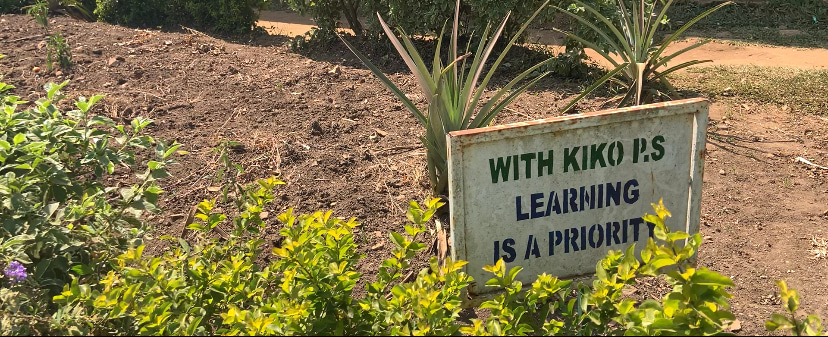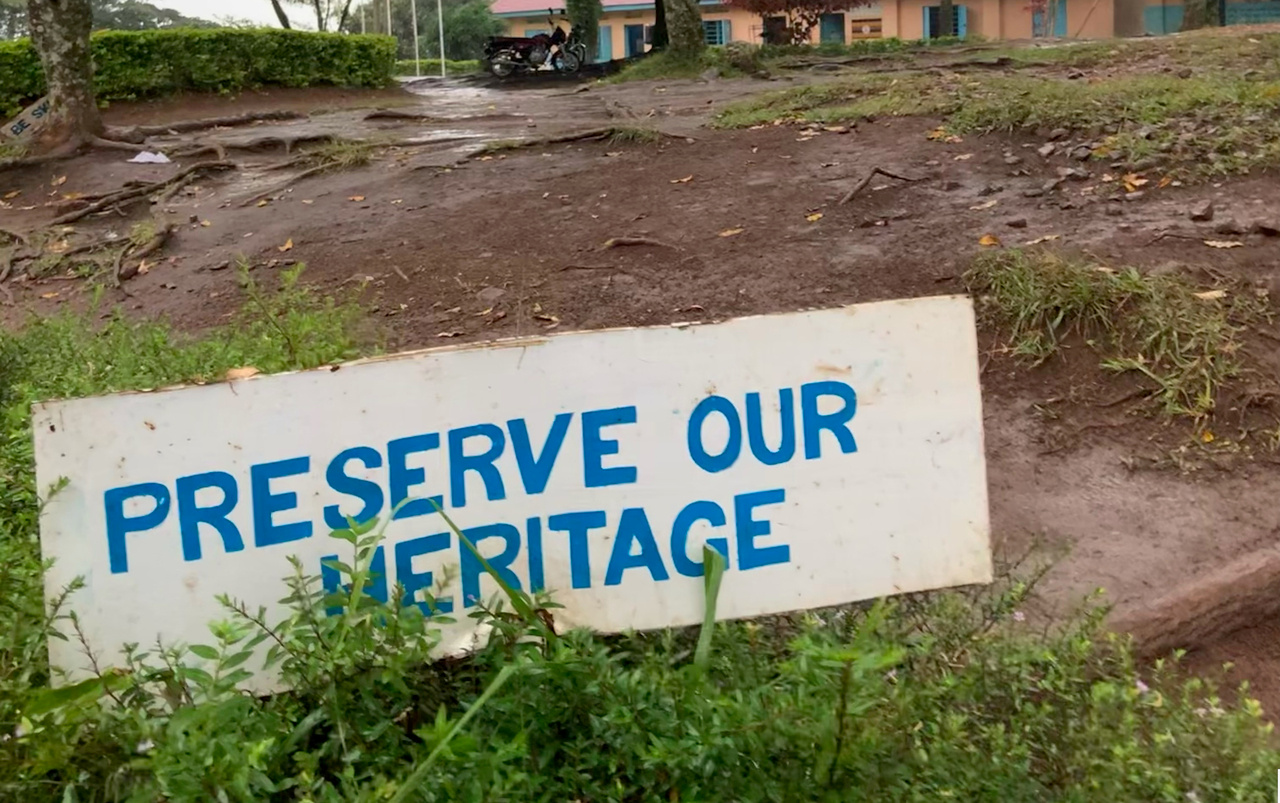Kasiisi Project/ KFSP: Ugandan Women in Leadership

Related Content

Kasiisi Project/ KFSP: LiA Blog 1
Some reflections and a review of my Laidlaw LiA project after my first two weeks in Uganda.
No reasonable person can disagree that there are still countless barriers facing women to live and work with the same ease and safety as men do. This is surely true for most, if not all of the world. During my time spent working in West Uganda with the Ugandan-led health, conservation, and education NGO the Kibale Forrest Schools Programme (KFSP), something which truly stuck with me was the inspirational and really amazing stories of women whose rise to success is a two-fold challenge because of their particularly restricting social environment.
It may be of no surprise that, just as in the United Kingdom, men dominate positions of power in Uganda. From my experience working in the country, seeing women in roles which supervise men are uncommon, but those who are in such positions were some of the most impressive leaders I witnessed during my time there. Before I comment on the gendered issues of the culture in the Tooro Kingdom (in West Uganda, where the KFSP operate), I would like to note that my work for six weeks in Uganda was centred around the local culture. As part of the Culture Team, we conducted research on behalf of the KFSP to gather a comprehensive understanding of the state of cultural knowledge and preservation of the local culture of the Batooro tribe - a rich but decaying culture shared among around half a million Ugandans. In brief, we engaged with members of the local community - young and old - to uncover the challenges to intergenerational cultural sharing to assess the diminishing enthusiasm for culture among the younger generations in the locally-named ‘dot-com era’. Although six-weeks cannot qualify me to speak with upmost authority on the local culture, especially as a foreigner to this region, I have learned lot about the Tooro culture and listened many nuanced views about its features from a diversity of people. I will rightfully refrain from writing partially about the patriarchal elements of the Tooro society despite my predispositions as it is inappropriate to make such commentary as a brief visitor to the Kingdom. This blog is a mere observation about the nature of the society, viewing leadership from a gendered lens, with a brief word on how this challenged me as a volunteer from overseas.
Resistance to a women’s success begins at the time of her birth in the Tooro kingdom if you measure success in terms of social mobility, gaining a substantial education, and maintaining a career. Women are generally raised as homemakers (referred to as ‘housewives’) and are discouraged from continuing their formal education when they reach adolescence. A Tooro proverb we were told states that once a girl gets her first period, her ‘back would break’ if she continued on with her education. Among the KFSP partner schools, many of the students are girls, and some schools even have a majority of female students. Yet, even at Kasiisi Primary School, the best performing and de facto flagship school of the charity, there are no girls over the age of 15 still in primary education. KFSP staff recall tales of young girls in tears after being taken out of education by their families despite their academic promise and eagerness to learn.
Some women we spoke to as part of our interviews fully accepted without question their assigned place in society as homemakers, proclaiming ‘that’s the way it should be’. I did gather the impression that women were deeply respected in society, that their role was viewed as crucial, and that housewifery was understood as a challenging life in and of itself. It is worth noting that women do commonly sell homemade crafts, some partake in the local economy through the likes of road-side trade, and many teachers are women too. But travelling and working outside of the immediate area appears to be reserved for men.
Men are commonly referred to as the ‘bread-winners’ of society and are conditioned to be providers for their families. Interviewees didn’t deviate from this understanding, and it is thoroughly entrenched in Tooro society. Some men and women even expressed an unease of growing Western influence and its ideas of equality influencing the status quo in the Kingdom. One participant shared that if a man was caught washing so much as a dish in the household, it was viewed as a ‘broken home’, a negative and confusing influence on the children, and it would be a point of discussion in the local community. For this reason, many government officials, business owners, local leaders, and administrators are men, and women predominantly operate in the domestic sphere.
With this social context in mind, as we listened to and met successful female leaders in Uganda, their impressiveness was heightened. To be a great leader, displaying unwavering commitment, determination, strength, vision, and coordinating fantastic work is one thing, but to be forced to overcome never-ending barriers and prejudice in your work and to be met with resistance at every stage of your career requires a truly extraordinary character. Mobilising yourself into positions of leadership is difficult enough without the added pressures of navigating a heavily gendered work environment. I found the stories of women who hold high and influential positions in Ugandan society beyond inspiring, but immensely sad. Women with PhDs wouldn’t have their academic titles respected, their authority and education would be questioned, they are constantly viewed as being unable to carry out a man’s job, and those without children are still viewed as ‘would-be mothers’ regardless of their family ambitions. This isn’t to mention the difficulties of gaining the support from one’s family and parents with a career that breaks traditional social conventions. Regardless of how resilient the women we heard from are in pursuing their career ambitions, it is upsetting to hear how needlessly difficult their journey has been and how their gender has and will continue to undermine their talent and ability in the eyes of many.
As an epilogue to this discussion, the systemic difficulties facing women to achieve and maintain leadership positions in Uganda troubled me as an outsider conducting a cultural study. The KFSP asked me to conduct this exploratory research with the idea of cultural preservation in mind; for the most part, my work will contribute towards a wider effort to bolster cultural knowledge among the younger generations and help to keep alive a very long-standing collection of traditions, practices, and thought for future generations. Yet, when I take a step back from my position as an impartial researcher, it is easy to be bothered by the difficult implications of assisting the conservation of such a culture which, given my position as a Westerner, I can’t help but view as detrimental to women. Although it is not my place to be imposing my own beliefs onto research I am conducting when volunteering for a local charity elsewhere in the world - and I did stay clear of that in Uganda - it is hard to feel entirely comfortable with some of the implications of my work. Am I wrong for feeling this way? Can it be avoided? What right do I have to be troubled by this? This I something I have spent a lot of time thinking about, and I will do for some time to come.





Please sign in
If you are a registered user on Laidlaw Scholars Network, please sign in
A very enlightening read about the local culture. The moral implications certainly seem difficult to deal with. Good luck for the rest of your project👍